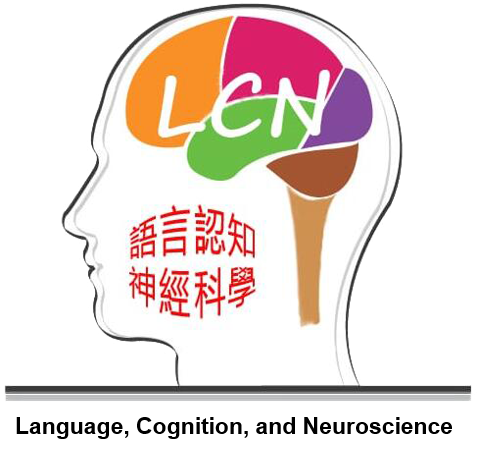Past Events
Neurodevelopment of language: A comparison of Chinese and English
2019.03.27 Prof. Tan Lihai
Director, Shenzhen Institute of Neuroscience
Distinguished University Professor, Shenzhen University
Neurodevelopment of language: A comparison of Chinese and English
Contrary to the conventional wisdom, recent research indicates that experience can quickly change both human adult brains’ physical structure and functional organization. In this talk I will first summarize structural and functional MRI evidence from the study of the neurodevelopment of written Chinese and English which shows how brain networks change in response to language. I will then report on our experiments attempting to discover brain activity patterns during a reading-related task in 125 subjects aged from 6 to 74 years. We found that activations of cortical sites for reading all showed linearly decreasing changes with age. These findings suggest that very beginning readers at age 6-7 are already using the same cortical network as adults to process printed words. Our fMRI study has demonstrated for the first time a lifespan neurodevelopment of cognition (reading), and it provides strong evidence against the prominent hypothesis of human cortical specialization. I will also summarize our recent work of translating our basic brain research findings into clinical and education practices.





